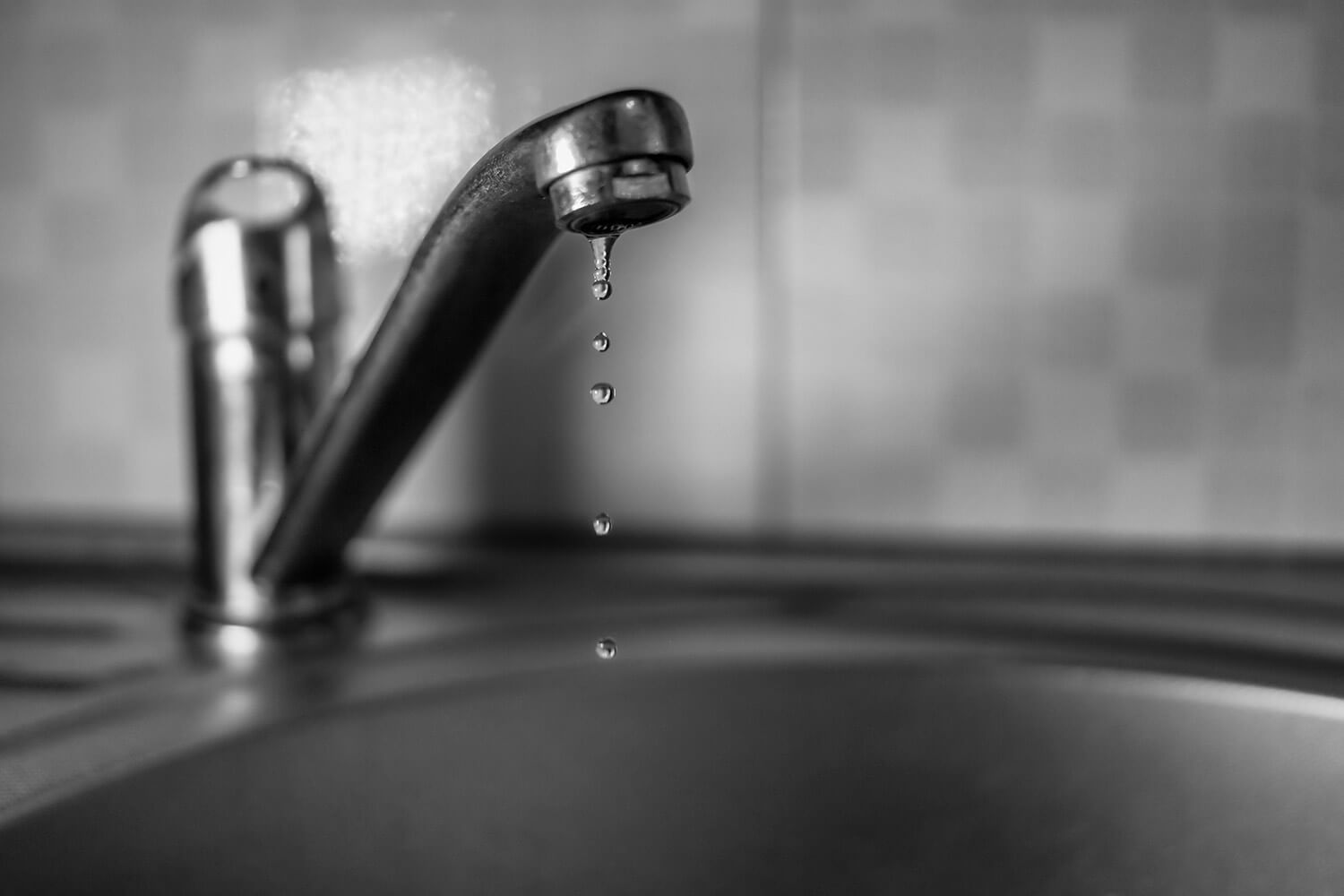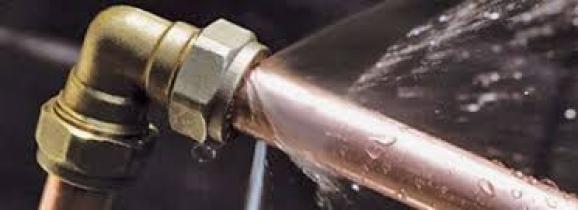Tips for the Six Most Common Causes of Water Leaks in Homes
Tips for the Six Most Common Causes of Water Leaks in Homes
Blog Article
The writer is making a few good points on the subject of Most Common Causes of Leaky Pipes overall in the article in the next paragraphs.

Leakages not only cause waste of water but can also create unnecessary damage to your residence as well as promote undesirable natural growth. By understanding and also looking for day-to-day circumstances that create leaks, you can safeguard your residence from future leaks and unneeded damage.
Instantaneous temperature level modifications.
Severe temperature changes in our pipelines can cause them to increase as well as contract all of a sudden. This growth and tightening may create cracks in the pipelines, particularly if the temperature are below freezing. If you maintained an eye on how your plumbing functions, it would certainly be best. The presence of the formerly pointed out scenarios frequently suggests a high risk.
Rusty water systems
As time passes by, your plumbing system ages and also corrosion such as corrosion may start gnawing the pipelines. This might be the root cause of staining or warping on your pipes. This asks for an assessment with your plumber immediately. Consider replacing the pipes given that they are at a greater risk of corrosion than the more recent designs if our plumbing system is old.
Faulty Pipe Joints
The factor at which your pipelines attach is frequently the weakest link in the waterline. Pipe joints can wear away gradually, leading to water leakages. Regrettably, most of pipe joints are not conveniently noticeable. If you have noisy pipelines that make ticking or banging sounds, specifically when the warm water is activated, your pipe joints are probably under a lot of pressure. It is advisable to have your plumber inspect your system once a year.
Elbowing in origins
Many water leaks begin outside the home rather than inside it. You may discover damp patches or sinkholes in your yard, as well as that could suggest that tree roots are invading water lines triggering water to seep out.
Poor Water Connectors
Sometimes, a leak can be caused by loosened hose pipes and pipelines that supply your appliances. Most of the time, changing is what triggers the loosened water Connections. You might discover in the case of a cleaning maker, a hose might spring a leak because of shaking throughout the spin cycle. In case of a water links leakage, you may observe water running directly from the supply line or pools around your devices.
Obstructed Drains
Clogged drains might be aggravating and inconveniencing, however they can sometimes end up creating an overflow leading to rupture pipelines. Keep eliminating any kind of materials that may drop your drains that can clog them to avoid such inconveniences.
All the above are causes of leakages yet not all water leaks result from plumbing leakages; some leakages might come from roofing leakages. All leaks ought to be repaired immediately to avoid water damage.
Leakages not just create waste of water yet can also trigger unneeded damages to your residence and promote unwanted organic growth. By looking and comprehending for daily circumstances that create leakages, you can shield your residence from future leaks as well as unnecessary damage. Today, we will look at six leak triggers that may be triggering your pipelines to trickle.
At times, a leak can be triggered by loosened tubes as well as pipes that provide your home appliances. In case of a water links leak, you may discover water running directly from the supply line or pools around your devices.
How To Check For Water Leak In Your Home
How To Check for Leaks
The average household's leaks can account for nearly 10,000 gallons of water wasted every year and ten percent of homes have leaks that waste 90 gallons or more per day. Common types of leaks found in the home are worn toilet flappers, dripping faucets, and other leaking valves. These types of leaks are often easy to fix, requiring only a few tools and hardware that can pay for themselves in water savings. Fixing easily corrected household water leaks can save homeowners about 10 percent on their water bills.
To check for leaks in your home, you first need to determine whether you're wasting water and then identify the source of the leak. Here are some tips for finding leaks:
Take a look at your water usage during a colder month, such as January or February. If a family of four exceeds 12,000 gallons per month, there are serious leaks.
Check your water meter before and after a two-hour period when no water is being used. If the meter changes at all, you probably have a leak.
Identify toilet leaks by placing a drop of food coloring in the toilet tank. If any color shows up in the bowl after 10 minutes, you have a leak. (Be sure to flush immediately after the experiment to avoid staining the tank.)
Examine faucet gaskets and pipe fittings for any water on the outside of the pipe to check for surface leaks.
Undetected water leaks can happen without the home or business owner even realizing. If you suspect a water leak, but not able to find the source. It is time to contact a professional water leak detection service, The Leak Doctor.
How To Find a Water Leak In Your Home
https://www.leakdoctor.com/blog/How-To-Check-For-Water-Leak-In-Your-Home_AE197.html

We had been shown that write-up about Most Common Causes of Leaky Pipes from a friend on our other blog. You should take the opportunity to share this blog if you enjoyed reading it. Thank-you for taking the time to read it.
Call Today Report this page